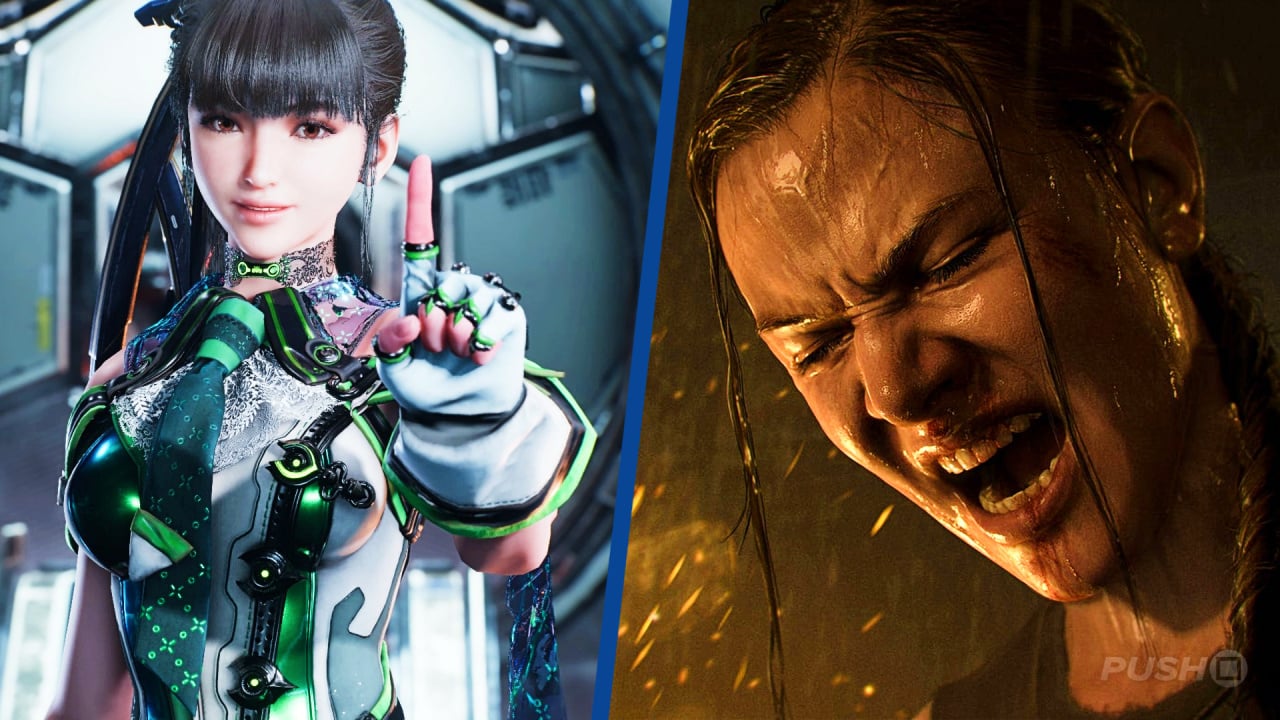Lunatic_Gamer
Member

For the longest time, it was assumed first-party games were those published by the platform holder and made by internally owned studios, while second-party titles were those titles still published by the platform holder but made by non-owned studios.
In an interview with Sacred Symbols+(paywalled), ex-PS Studios boss Shuhei Yoshida mostly put to bed the debate with a full breakdown. We’d summarise it like this:
First-party:
A game published and fully funded by Sony. Usually owns the IP.
Second-party:
A game published by Sony with partial or full funding coming from an external company. Usually doesn't own the IP.
Partner title:
A game published and developed by an external company launching first or earlier on PlayStation platforms.
Third-party:
A game published and fully funded by an external company.
“So, when games are made by a developer, [even an] independent developer, and published by PlayStation, we call them first-party games.”
He explained: “For example, before Housemarque was acquired they [were an] external developer and our external producers managed relations. But we funded the game and released the game as first-party, even though it was externally developed.”
Yoshida continued: “We call second-party when an independent company created the game and funded it or joint funded it, so the IP is still owned by that company. A recent example is Rise of the Ronin by Koei Tecmo. PlayStation published that game so we call it second-party.”
He concluded: “And then third-party exclusives we call partner titles, so some games like Final Fantasy 16 came out on PlayStation first and that was a third-party exclusive, so that’s the terminology.”
It all gets a bit complicated, and you can see how there may be some exceptions to the rules where different contracts are in place. (For example, Death Stranding 2: On the Beach is a game published and fully funded by PlayStation, but it doesn’t own the IP, so it sits somewhere between first-party and second-party really.)

Sony Clarifies the Difference Between First-Party, Second-Party, and So On
Now you know










